This Old Man Offered Incredible Advice To A Woman On Dealing With Grief
Updated March 18 2019, 5:54 p.m. ET

Although we wish life was one giant party and a kaleidoscope of wonderful emotions where nothing bad ever happens, that sadly isn't the case. As hackneyed as it sounds, life has its ups and downs. And sometimes the downs get really bad, and we find ourselves struggling with severe grief.
The death of someone near and dear to our hearts is a universally horrible phenomenon for all living creatures. I remember when one of our family's dogs died, his older brother dug a hole, stayed in it for three days, and cried to himself the entire time. He wouldn't eat — just grunt occasionally. I'll never forget the look on his face as my family and I did everything we could to console him.
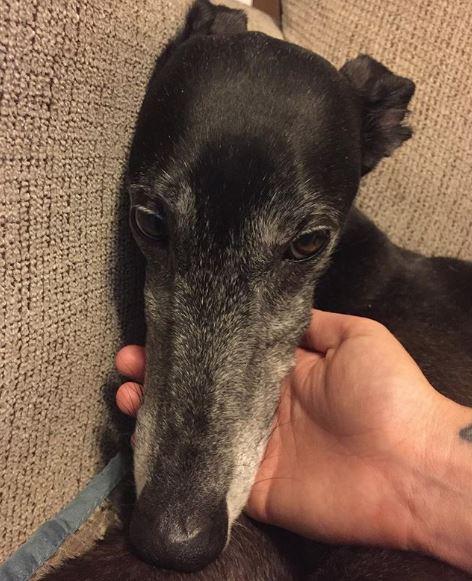
Dealing with grief seems like such an insurmountable task when you're in the thick of it. It weighs down on you as you try to count the hours until you're feeling "all right" for a few minutes to punctuate the despair you just can't seem to shake.
It's enough to make a person contact strangers on the internet to ask for help, which is way better than just bottling the grief up and keeping it inside. Which is exactly what this Reddit user did years ago when she reached out to an online community asking for the best way to cope with the death of her best friend.
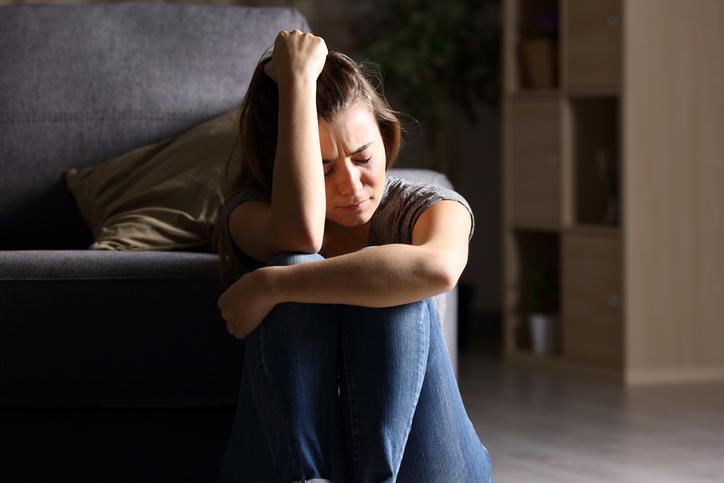
And although people offered their advice, everyone who participated in the discussion admitted that user GSnow hit the nail on the head.
The way he describes grief, how to perceive it, and how to weather it, is nothing short of beautiful:
Alright, here goes. I'm old. What that means is that I've survived (so far) and a lot of people I've known and loved did not. I've lost friends, best friends, acquaintances, co-workers, grandparents, mom, relatives, teachers, mentors, students, neighbors, and a host of other folks. I have no children, and I can't imagine the pain it must be to lose a child. But here's my two cents.
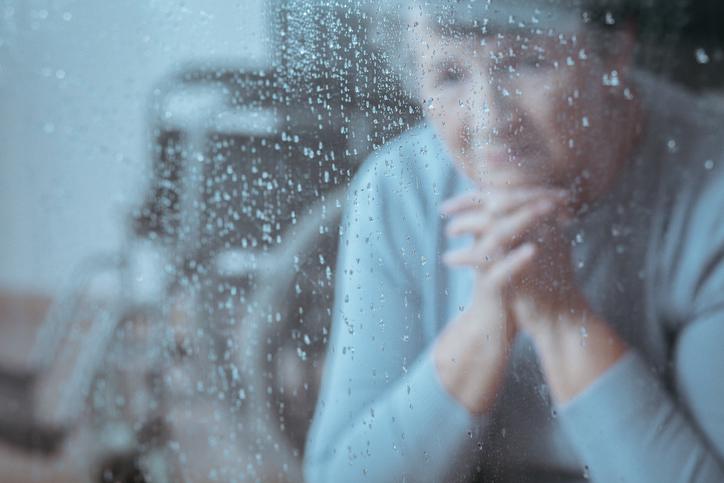
I wish I could say you get used to people dying. I never did. I don't want to. It tears a hole through me whenever somebody I love dies, no matter the circumstances. But I don't want it to "not matter." I don't want it to be something that just passes. My scars are a testament to the love and the relationship that I had for and with that person. And if the scar is deep, so was the love. So be it. Scars are a testament to life. Scars are a testament that I can love deeply and live deeply and be cut, or even gouged, and that I can heal and continue to live and continue to love. And the scar tissue is stronger than the original flesh ever was. Scars are a testament to life. Scars are only ugly to people who can't see.
As for grief, you'll find it comes in waves. When the ship is first wrecked, you're drowning, with wreckage all around you. Everything floating around you reminds you of the beauty and the magnificence of the ship that was, and is no more. And all you can do is float. You find some piece of the wreckage and you hang on for a while. Maybe it's some physical thing. Maybe it's a happy memory or a photograph. Maybe it's a person who is also floating. For a while, all you can do is float. Stay alive.
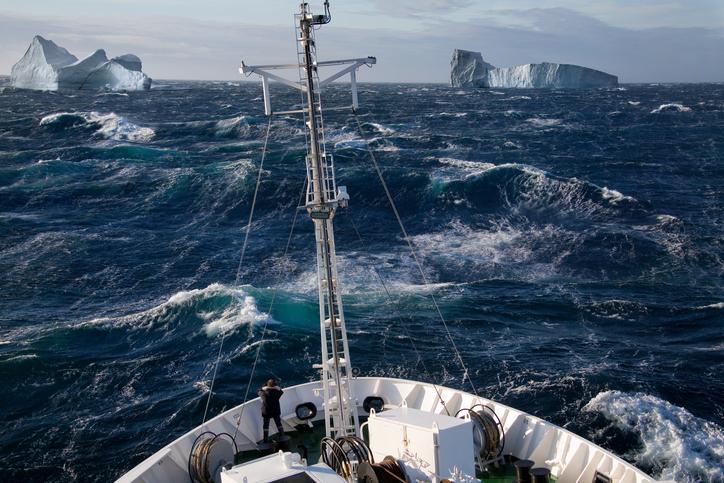
In the beginning, the waves are 100 feet tall and crash over you without mercy. They come 10 seconds apart and don't even give you time to catch your breath. All you can do is hang on and float. After a while, maybe weeks, maybe months, you'll find the waves are still 100 feet tall, but they come further apart. When they come, they still crash all over you and wipe you out. But in between, you can breathe, you can function. You never know what's going to trigger the grief. It might be a song, a picture, a street intersection, the smell of a cup of coffee. It can be just about anything...and the wave comes crashing. But in between waves, there is life.
Somewhere down the line, and it's different for everybody, you find that the waves are only 80 feet tall. Or 50 feet tall. And while they still come, they come further apart. You can see them coming. An anniversary, a birthday, or Christmas, or landing at O'Hare. You can see it coming, for the most part, and prepare yourself. And when it washes over you, you know that somehow you will, again, come out the other side. Soaking wet, sputtering, still hanging on to some tiny piece of the wreckage, but you'll come out.

Take it from an old guy. The waves never stop coming, and somehow you don't really want them to. But you learn that you'll survive them. And other waves will come. And you'll survive them too. If you're lucky, you'll have lots of scars from lots of loves. And lots of shipwrecks.
After hearing GSnow's advice, people applauded how perfectly he summed it up.
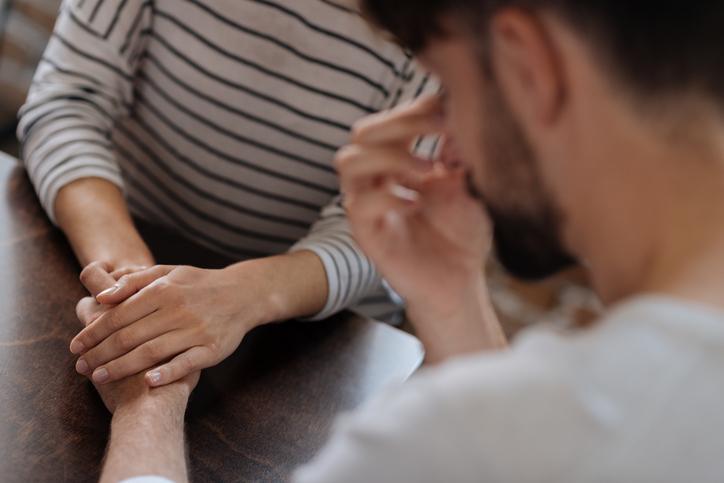
F***ing A, man. That's perfect.
My dad died 2 years ago and it still hurts. But the thing is, he knew he was dying (throat cancer). He deliberately went off his meds about three days before the end so he could be clear and lucid. We had that talk that people always say they never got. I got to tell him how much I loved him, and he got to tell me (and everyone else in the family) the same. It was the most beautiful experience.
Two days later, I had my arm around my mother, as she held his hand. My wife held his other hand. He took his last breath. I am amazed at how beautiful death can be. As much as I wished he didn't need to die, his death was the most beautiful thing I've witnessed in my whole life (46 yrs). G-dd-m I love being a human being. Even grief is beautiful.
While others were just impressed with his analogy-making skills.
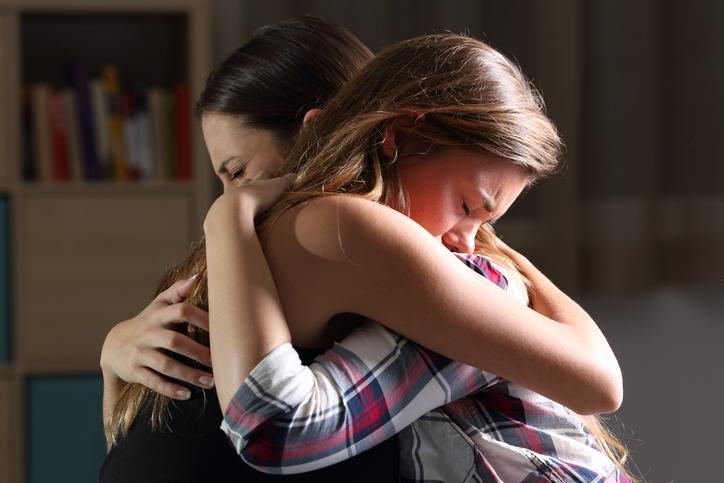
I have not lost anybody not nearly dearly enough to really understand this to its full extent, but damn I love the way you make analogies... Maybe someday I'll be as good. (I love making analogies)
Although grief affects everybody differently and no single method is going to be a universal fix, there are some things you can do to give yourself a fighting chance at getting through a seemingly hopeless situation.
The Hearty Soul compiled a pretty good "checklist," if you will, to help yourself or someone you know who is grieving:
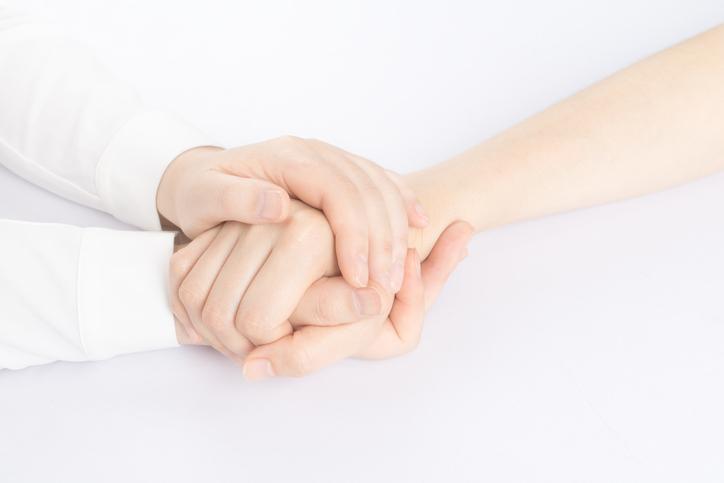
2. Communicating your sympathy
3. Helping them with everyday tasks (cooking, cleaning, running errands, etc.)
4. Consistently being there for them/helping them
5. Monitoring their behavior for signals of depression, which is different than grief.
If you do know someone who is currently grieving and think they're in danger of harming themselves as a result, have them call the National Suicide Prevention Hotline: 1-800-273-8255.
It's always better to err on the side of caution, and it's never too early to care for your mental health.